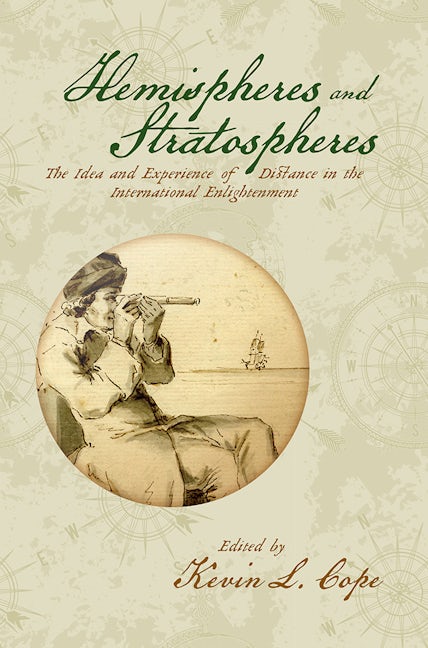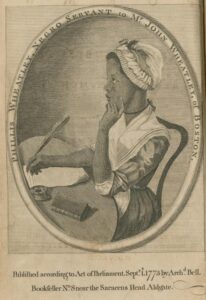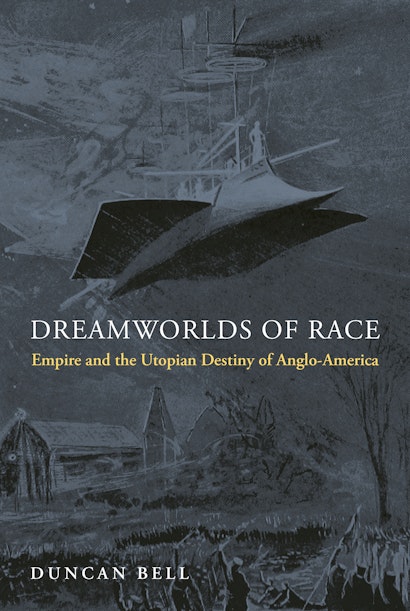Peepal Tree Press | £19.99 | Published 2020 | 324 pages | ISBN 9781845234829
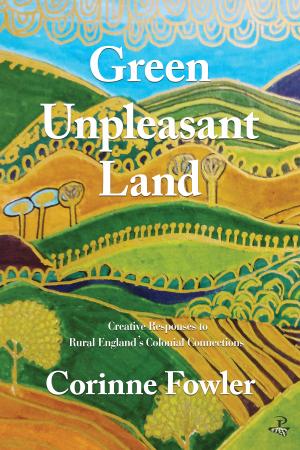
From the Press: “Green Unpleasant Land explores the countryside’s repressed colonial past and demonstrates its importance as a source of ideas about Englishness.
The book presents historical evidence to show that rural England was a place of conflict and global expansion. It also examines four centuries of literary response to explore how race, class and gender have both created and deconstructed England’s pastoral mythologies. In particular, the book argues that Black and British Asian writers have challenged narrow, nostalgic views of rural England but also expressed attachment to English landscapes and the natural world.
The book questions the countryside’s reputation as a retreat from urban life. It interrogates the idea that country houses are models for civilised living or that moorlands are places of freedom. It presents new perspectives on the “English” flora and fauna that feature in literature, parks, allotments and suburban gardens. The book reconsiders a range of rural locations through the lens of British colonial involvement, including East India Company activity and the slavery business. The book connects England’s outward-reaching histories to what was happening in the countryside: the enclosure of common land, the beginnings of industrial mass farming and the reshaping of landownership through imperial profits. In bringing together histories usually separated by the Atlantic, Green Unpleasant Land makes connections, for instance, between the rebellion of enslaved people for their freedom in Jamaica in 1831, and the struggles of English agricultural workers in the Captain Swing uprising of the same year.
But Green Unpleasant Land is more than an academic study – accessibly written as it is – because it contains a section of Corinne Fowler’s own stories and poems written in response to the research she has undertaken and the material objects she has encountered. It is a personal story, too, of her own family relationship to transatlantic enslavement.
Green Unpleasant Land should make uncomfortable reading for anyone who wants to uphold nostalgic views of rural England. The heatedness of the recent media response to such work shows just what is at stake: a selective vision of nation that underplays the impact of four colonial centuries, or a vision that embraces, as Paul Gilroy expresses it, a post-imperial ‘convivial culture’.”
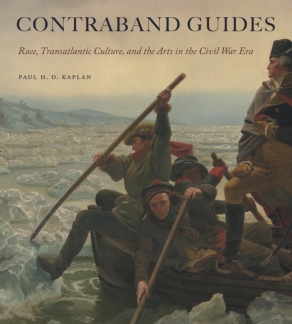 “Explores the theme of race in nineteenth-century transatlantic culture, focusing on how American concepts of race were intertwined with the ongoing cultural exchanges that Americans had with European artistic traditions.”
“Explores the theme of race in nineteenth-century transatlantic culture, focusing on how American concepts of race were intertwined with the ongoing cultural exchanges that Americans had with European artistic traditions.”

